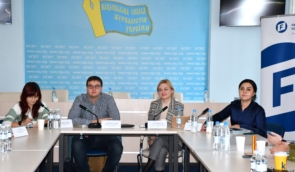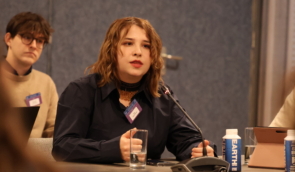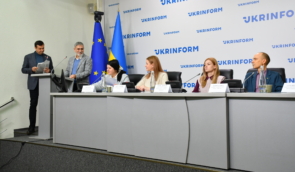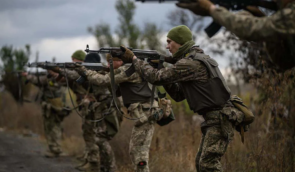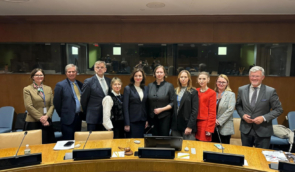ZMINA presented a report on the practice of arbitrary detentions and enforced disappearances under occupation in 2023–2024
On 29 August 2025, the Human Rights Centre ZMINA presented a report entitled “How the practice of arbitrary detention and enforced disappearance has evolved under occupation: an analysis of documented cases, 2023–2024“. The research focuses on the motives and scale of Russia’s repression against the civilian population in the occupied territories and demonstrates how, since the beginning of the full-scale invasion, detentions have turned from a tool for suppressing resistance into a systematic attack against Ukrainian identity, coordinated by the FSB of the Russian Federation.
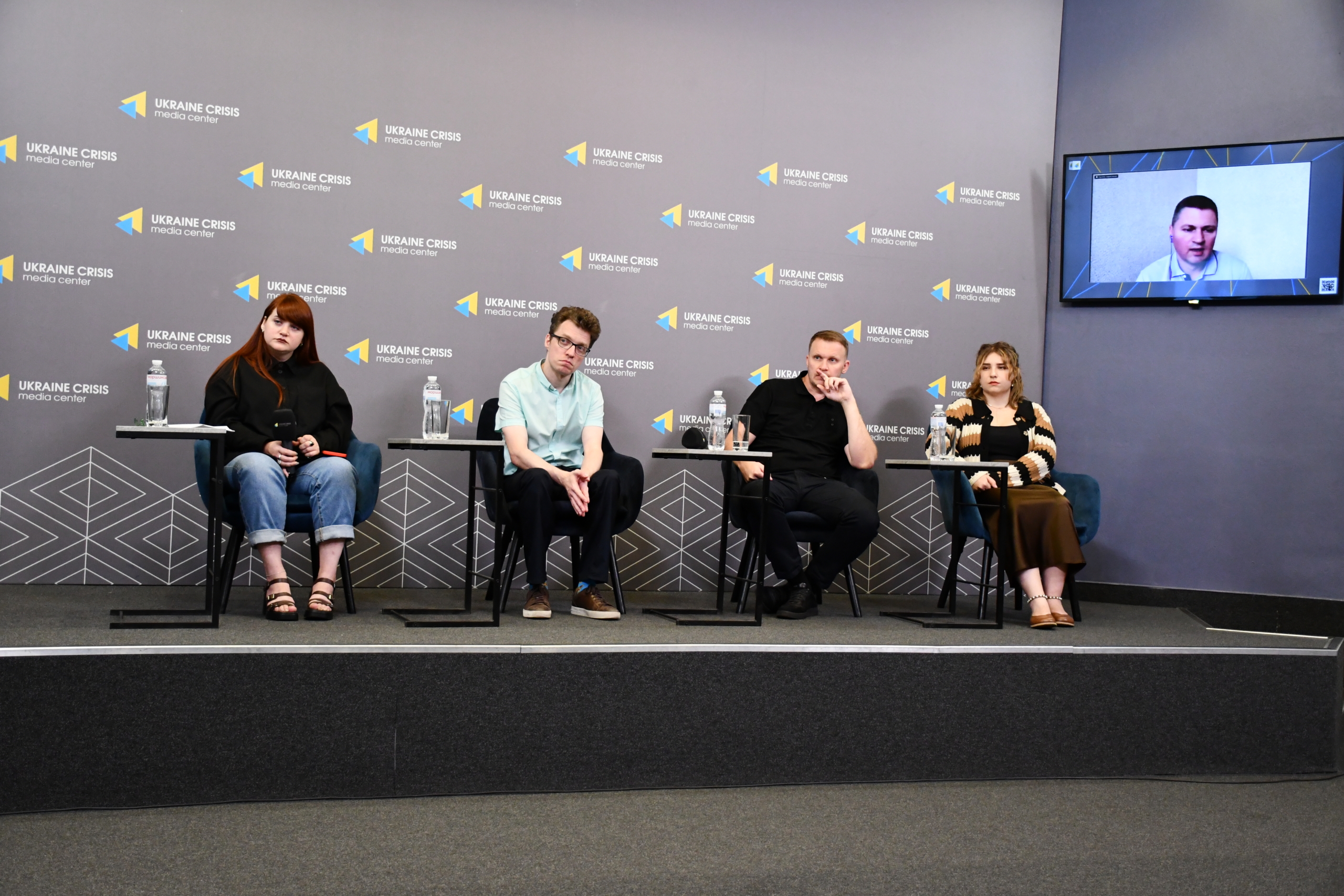
The report is based on 23 testimonies from victims and their families, as well as an analysis of more than 500 criminal proceedings with signs of politically motivated persecution.
Borys Petruniok, a War Crimes Documenter and Analyst of the Human Rights Centre ZMINA, author of the report, emphasised that the occupation of Ukrainian territories is accompanied by systematic violence against the civilian population: “Documentation experience shows that at the beginning of the full-scale invasion, one of the main motives for detentions was to suppress various forms of resistance, both armed and non-violent. The Russian military tried to intimidate the population and encouraged informing for or cooperation with the occupying forces. They persecuted former military personnel, pro-Ukrainian activists, volunteers, law enforcement officers, and gun owners. Any manifestations of Ukrainian identity were perceived as a threat“.
Petruniok paid particular attention to how Russia built the regulatory and institutional foundation for repression: “The development of occupation administrations, law enforcement agencies and courts is aimed at ‘normalising’ the terror of the civilian population. The FSB plays a key role in the persecution, fabricating criminal cases, filming staged videos of detentions, and using false witnesses for the prosecution. They try to make the criminal practices of arbitrary detentions appear to be seemingly legitimate “operational-search” or “investigative” actions. At the same time, since 2022, the Russian Federation has been toughening penalties for “terrorist” offences under the Criminal Code and introducing criminal liability for “discrediting the Russian army” or disseminating “fake news about the war“.
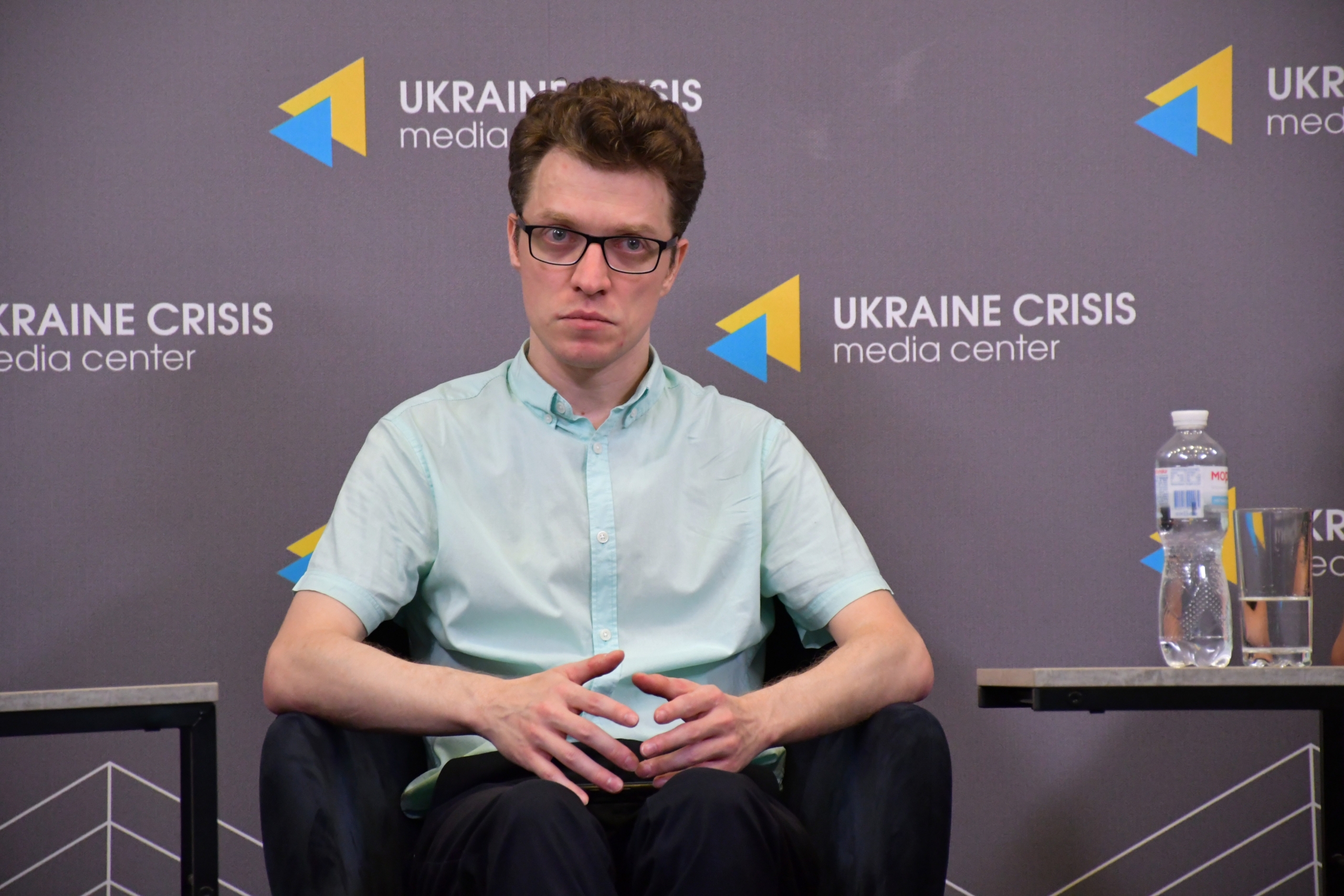 Borys Petruniok
Borys PetruniokThe Head of the Department for Missing Persons in Special Circumstances of the Ministry of Internal Affairs of Ukraine, Dmytro Bohatiuk, drew attention to the scale of the problem.
“We believe that all those who are being held captive in the Russian Federation, all those who have been unlawfully convicted, as well as military personnel who have been taken prisoner, should be recognised as such (Ed. — victims of enforced disappearances). But the terrorist state does not recognise their captivity, which is a gross violation of international humanitarian law,” he explained.
Bohatiuk explained how the Ministry of Internal Affairs Department for Missing Persons in Special Circumstances conducts searches and what modern technologies and programmes it uses.
“Since the beginning of our work, our department has used OSINT tools to find more than 2,500 people, the vast majority of whom were military personnel. But there was also a significant percentage of civilians. Of these 2,500 people, the ICRC has already confirmed the fact of illegal deprivation of liberty or captivity. And today, there are still more than 600 people, 90 of whom are civilians, who have not yet been confirmed. But according to our information, they are there. They are alive and have either been detained or are on trial, but the enemy simply does not confirm this,” said a representative of the Ministry of Internal Affairs of Ukraine.
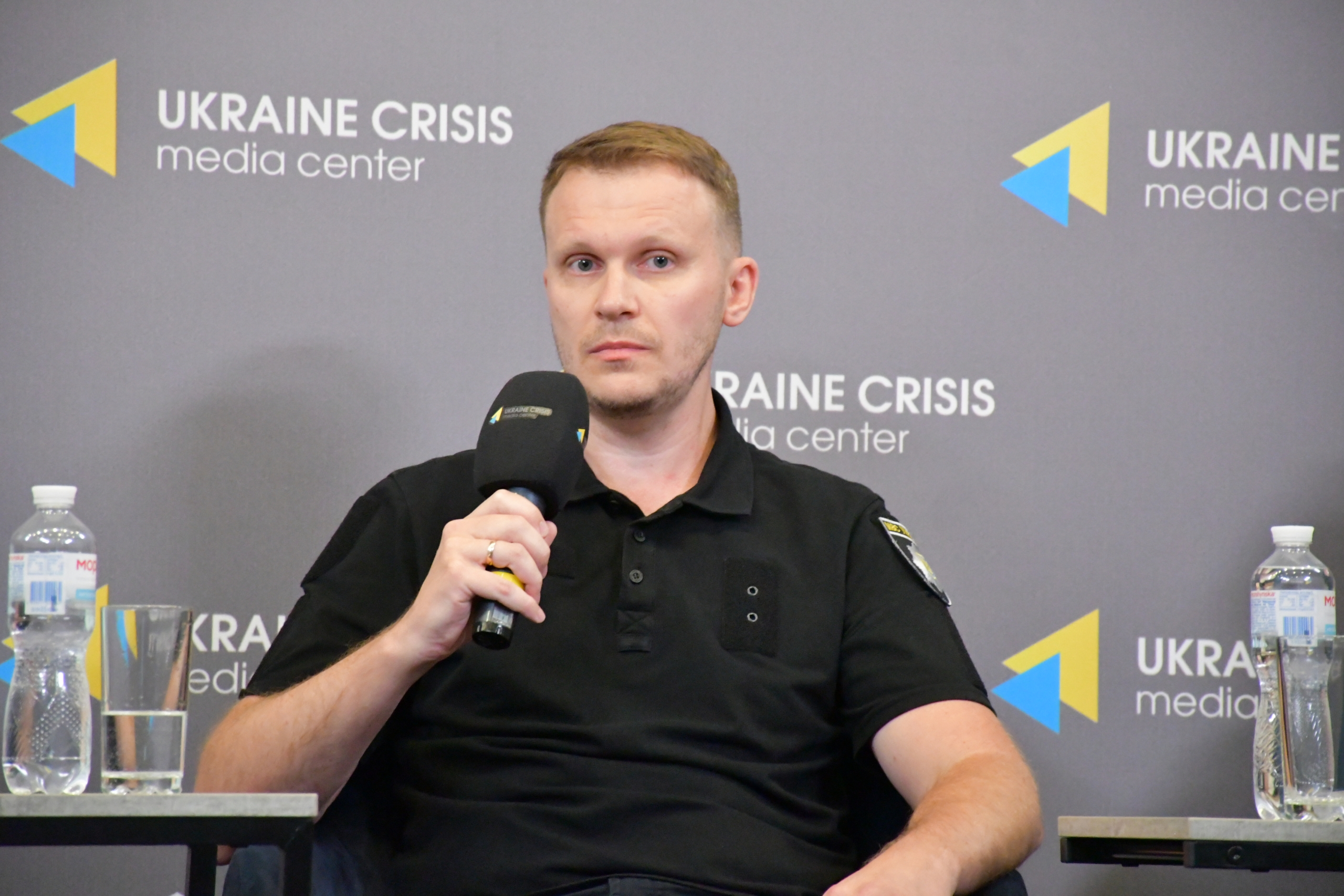 Dmytro Bohatiuk
Dmytro BohatiukHe also added that, in addition to searching, the Department for Missing Persons in Special Circumstances communicates with relatives and provides consultations on the hotline — 1698.
Bohatiuk outlined the challenges faced by state institutions in searching for and documenting cases of disappearances. According to him, state policy on supporting the families of missing persons needs to be strengthened.
The brother of Serhii Udovichenko, who was abducted by Russian military personnel on 20 March 2022 in the Kharkiv region, Oleksandr Udovichenko, shared his story.
“On 20 March, I called my brother, someone picked up the phone, and then the phone was no longer active. I hoped that someone had just taken his phone at a checkpoint on the way to Balakliia. I started looking for information on Telegram. On 2 April, I was told that a young man had been taken away by Russian soldiers and taken somewhere. I immediately contacted the police, the SBU, the NIB, and the ICRC. I found witnesses who lived near my brother’s house and who told me how he was taken away. After that, I heard nothing more about my brother… As of today, I know the names of 10 people who were abducted between mid-March and the end of April 2022 in the Kharkiv region during its occupation. These people are still missing, and there is no information about them. Most likely, they were taken to the Russian Federation and are being illegally held either in pre-trial detention centres or in prisons,” he said, adding that he does not know where his brother is and has not received confirmation from the ICRC that his brother is in the Russian Federation.
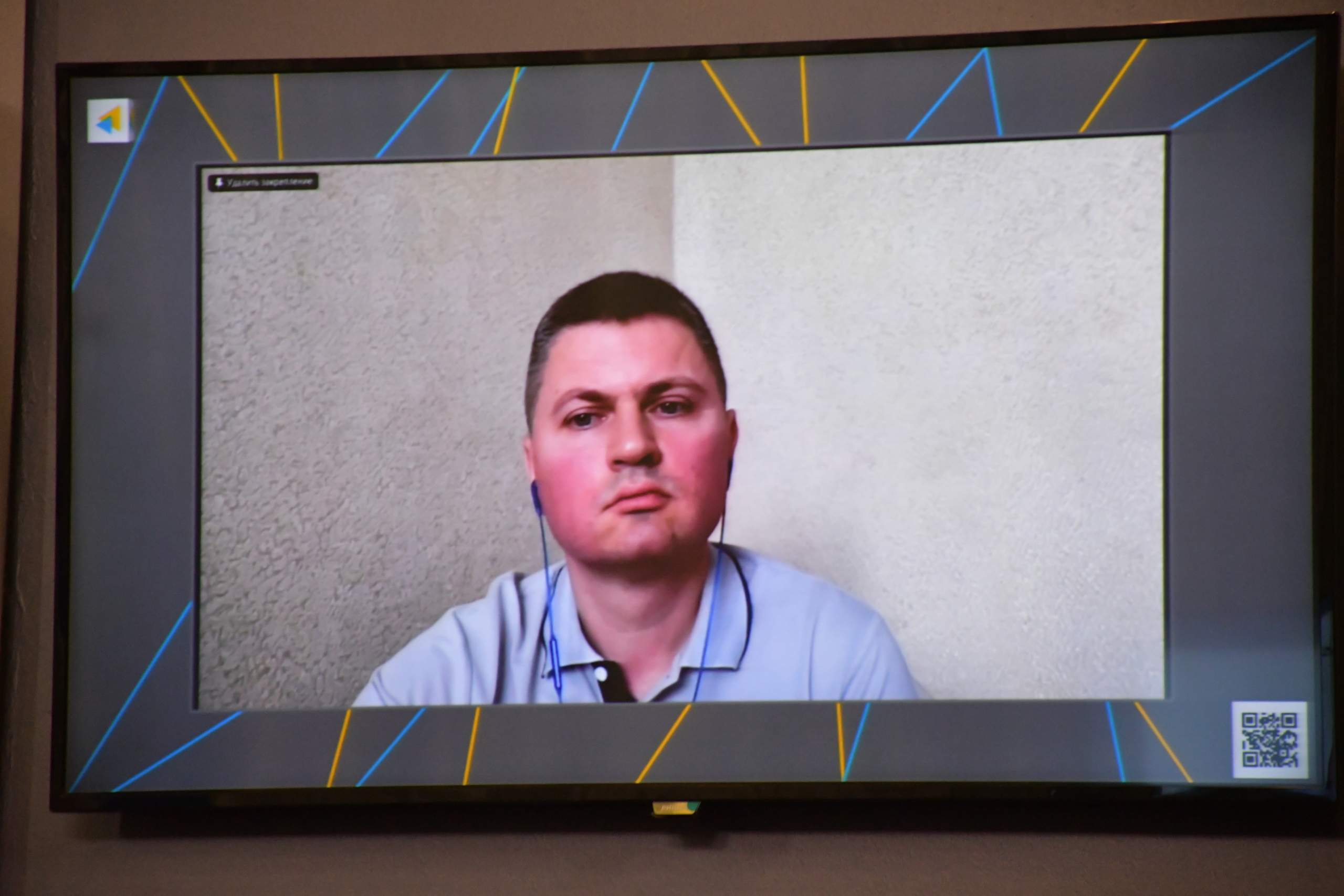
The authors of the report note that the whereabouts of a forcibly disappeared person can often only be established after charges have been brought against them in the Russian Federation.
Onysiia Syniuk, Legal Analyst of the Human Rights Centre ZMINA, emphasised that Russia’s documented practices must be examined in the context of international law.
“The actions of the Russian Federation documented in the report constitute serious violations of international humanitarian law and international human rights law. They can be classified as war crimes and, in some cases, crimes against humanity,” she emphasised.
Syniuk also emphasised the importance of international pressure on Russia and support for victims: “The international community must pressure the Russian Federation to fulfil its obligations as an occupying power, insist on immediate access for international organisations to places where civilians are being held, and continue to support the documentation of violations, in particular by independent monitoring mechanisms such as the UN Independent International Commission of Inquiry on Ukraine and the UN Human Rights Monitoring Mission in Ukraine, and the OSCE Moscow Mechanism regarding the arbitrary deprivation of liberty of Ukrainian civilians by the Russian Federation“.
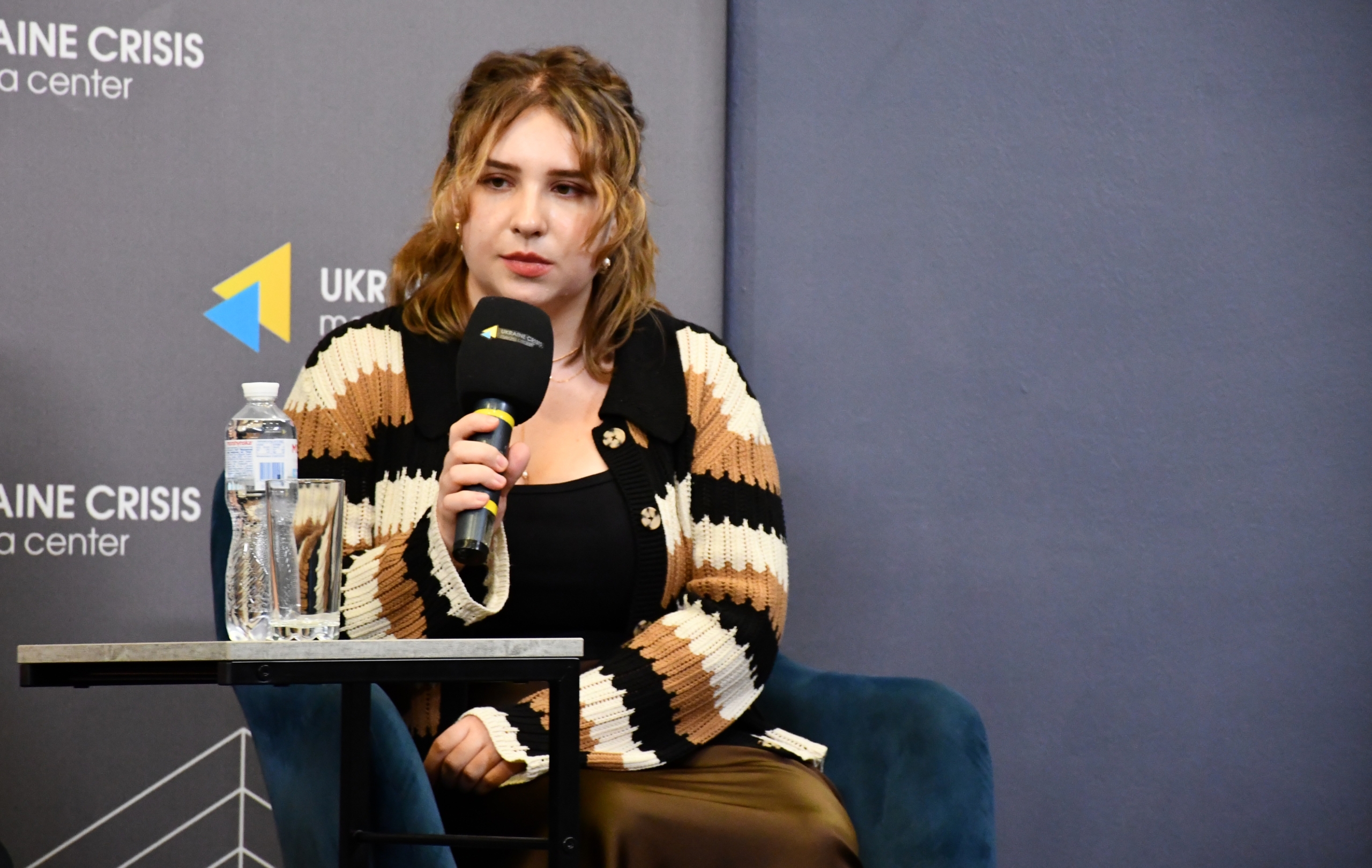 Onysiia Syniuk
Onysiia SyniukSyniuk emphasised that in the current political “negotiating reality”, it is extremely important not to allow discussion of the “territorial issue” to ignore Ukrainian citizens who remain in the temporarily occupied territories.
The full video recording of the event is available here.
The report is available on the Human Rights Centre ZMINA website in Ukrainian and English.
If you have found a spelling error, please, notify us by selecting that text and pressing Ctrl+Enter.

